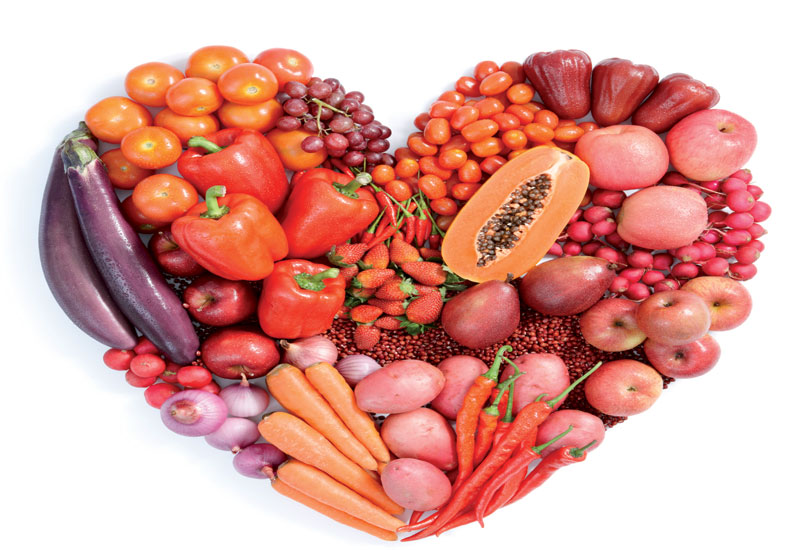Organic ignorance
Another problem facing organic food suppliers in the Middle East is one of awareness, says Nils El Accad, CEO of Organic Foods and Café, Dubai’s only supermarket to be wholly dedicated to organic, free range and cruelty-free produce.
“More than 95% of people don’t know what organic food actually is,” says El Accad. “Some people think it is hormone-free, some people think it’s GMO-free, or at the very best they think it’s pesticide-free.
But being pesticide-free is only about 20% of what being organic is about. This is the big misconception. Sure it’s pesticide free but it’s also larvaecide-free , fungicide-free, herbicide-free, insecticide-free.

| Advertisement |
And it’s not technically correct to say it’s pesticide-free – it’s free from chemical or artificial pesticides or fertilizers, but it is fertilized and natural pesticides are used.”
Feelings are so strong with regard to organic because of the looming question mark that hangs over artificially treated or modified food – with no long-term evidence of its effects, many people forebode dangerous consequences. It’s because of this that Baker & Spice’s Mejia says that many of the converts to the movement are new parents, freshly anxious for the future of their children.
Elena Kinane, who set up the first wholly organic farm in the UAE in April last year, prioritised supplying families with young children over anyone else for the same reason: “If people only knew what they were eating [when they have food that has been artificially treated] they would definitely go organic. You’re poisoning yourself,” she says.
Although Kinane says that the organic farm was inundated with more demand than it could supply, the investor pulled out just months into the project and the farm closed at the end of July 2010.
“The investor was expecting a higher return more quickly than it could possibly happen,” she says. “People want a quick and easy solution but you can’t industrialise nature.”
Organic future
Short-term thinking on a long-term topic seems to be the tension at the heart of the organic food debate.
El Accad argues that the harmful chemicals of conventional farming damages soil in a way that will backfire eventually: “Organic is a long-term approach. The conventional one is going to bring you money faster in the first few years, but in 10 years’ time you will have thin soil that brings low yields of food.
The organic option is going to cost a lot in the first few years because you have to build up the soil. One of them is investing for the future. It is like the difference between nuclear power and solar power. If we want to be sustainable and keep living on this planet and feed ourselves, organic is the only way to farm”.
Until consumer demand tips the balance, organic food will continue to be too inconsistent and too expensive to reap the returns the industry needs. Yet Chedi’s Girsch is optimistic:
“I still remember in Europe how long it took until organic food was recognised. The movement now in the Middle East is thanks to tourists and ex-pats who bring it over.
The only disadvantage is that the prices are still so expensive. This will change as increasing numbers of people want to have organic food, the growers will provide it more and more and the prices will come down. I think that the Middle East is on the right path for organic food.”
Organic check-up
Figures from YouGov Siraj suggest that there is slow but steady growth in demand for organic food in the Middle East.
Awareness:
38% of UAE residents say they are completely aware of the concept of ‘Organic Food’, as opposed to 20% who indicated they are not at all aware of it. The remaining 42% said they are somewhat aware of it.
Use:
When asked to describe their use of organic food, 1% indicated only using organic food, while 33% claimed they do not use organic food at all. 45% of the respondents use both organic and conventional food, and 21% have previously used it but do not do so currently.
Obstacles:
61% of the respondents who do not use organic food explained that they think it’s very expensive, 45% said it’s not widely available, and 22% do not think that it is better than conventional food.









 Search our database of more than 2,700 industry companies
Search our database of more than 2,700 industry companies









